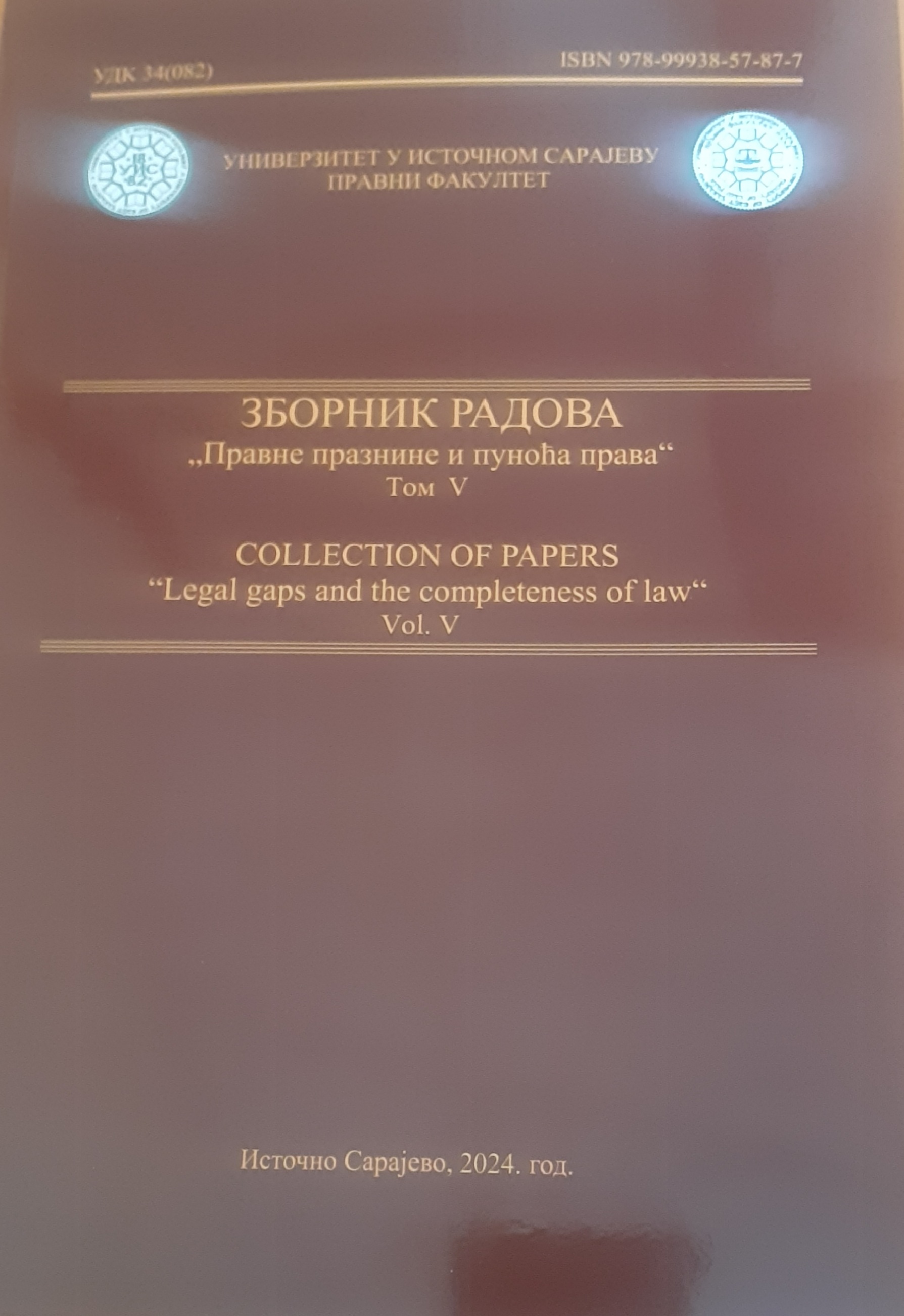Sovrascrittura della rappresentanza sul mandato. 1. Dal Leviatano al sistema del diritto romano odierno
Attribution of the Origin of the Institution of Representation to the Institution of Order (Mandate). From Leviathan to Today's System of Roman Law
Author(s): Giovanni Carlo Seazzu
Subject(s): Law, Constitution, Jurisprudence, History and theory of political science, Roman law
Published by: Правни факултет Универзитета у Источном Сарајеву
Keywords: Mandate; Representation; Hobbes; Constitution; Democracy;
Summary/Abstract: In modern public and private law, the institutes of mandate and representation are closely related. With more terminological than conceptual variations, the elements with which one tries to 'cube' the link between them, are the obligation and authorization to act on behalf of others. In Italian in legal jargon, a distinction is made (in the Civil Code) between orders (mandates) without representation and with representation, and, with regard to the latter,is distinguished (in the Constitution) free mandate, i.e. without obligation (“unbound”) imperative mandate, i.e. bound, which is not found in current Italian law, because it is not compatible with the "system" of which it is a part. In the German legal dictionary, an order (Auftrag) is only an obligation to act for the principal, while a representation (Vertretung, Repräsentation) is only complete power or power of attorney (Vollmacht) to act on behalf of the person to be represented. Modern doctrine attributes this connection to Roman law.Our assumption is that the connection between the two institutes is the fruit of modernity manipulation preceded by long-term preparation in the Middle Ages and in modern times. Indeed, in our opinion, in Roman law, in the first half of the 19th century, the institution of representation simply did not exist and the institution of mandate includes together and without the possibility of separation the obligation of the principal to act for the principal and the power of attorney to do so. The first sign of the institute from which the representation will develop, on the contrary, it can observed at the end of the 13th century, when King Edward I released the mandates of the Municipalities in the Parliament of England from the obligation to follow the instructions, giving the mandates the power that was called plena potestas. For theoretical development it will be necessary to wait for the appearance of Thomas Hobbes in the 17th century, who constructs Leviathan by elaborating the legal categories of persons and representations.Hobbes's elaboration will be grafted onto Roman law, thus radically reinterpreted, by Carl Friedrich von Savigny. We propose to investigate how Savigny's work was completed - with the decisive help of the positivist Paul Laban - by Bernhard Windscheid, by erasing the Roman concept of mandate.
Book: Зборник радова "Правне празнине и пуноћа права" Том V
- Page Range: 265-287
- Page Count: 23
- Publication Year: 2024
- Language: Italian
- Content File-PDF

